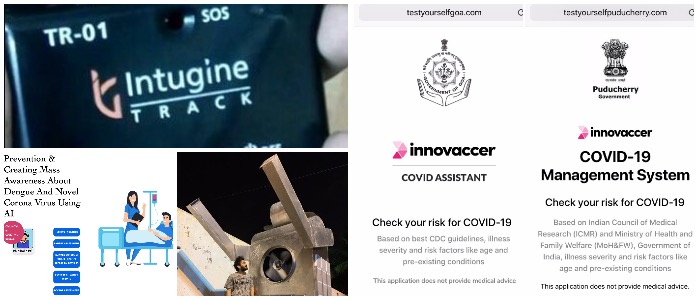
Stepping-up Health Tech
IIT KGP and ICMR Collaboration for Mega Boost to Medical Technology Industry and Healthcare Ecosystem of India Times of India Careers 360 Economic Times NDTV Education UNIIndia India Today Hindustan Times Indian Express Express Healthcare Outlook Business Insider IIT Kharagpur is going to set up a Centre of Excellence on Medical Device and Diagnostics to foster innovation of affordable and indigenous medical devices and diagnostics in priority…


